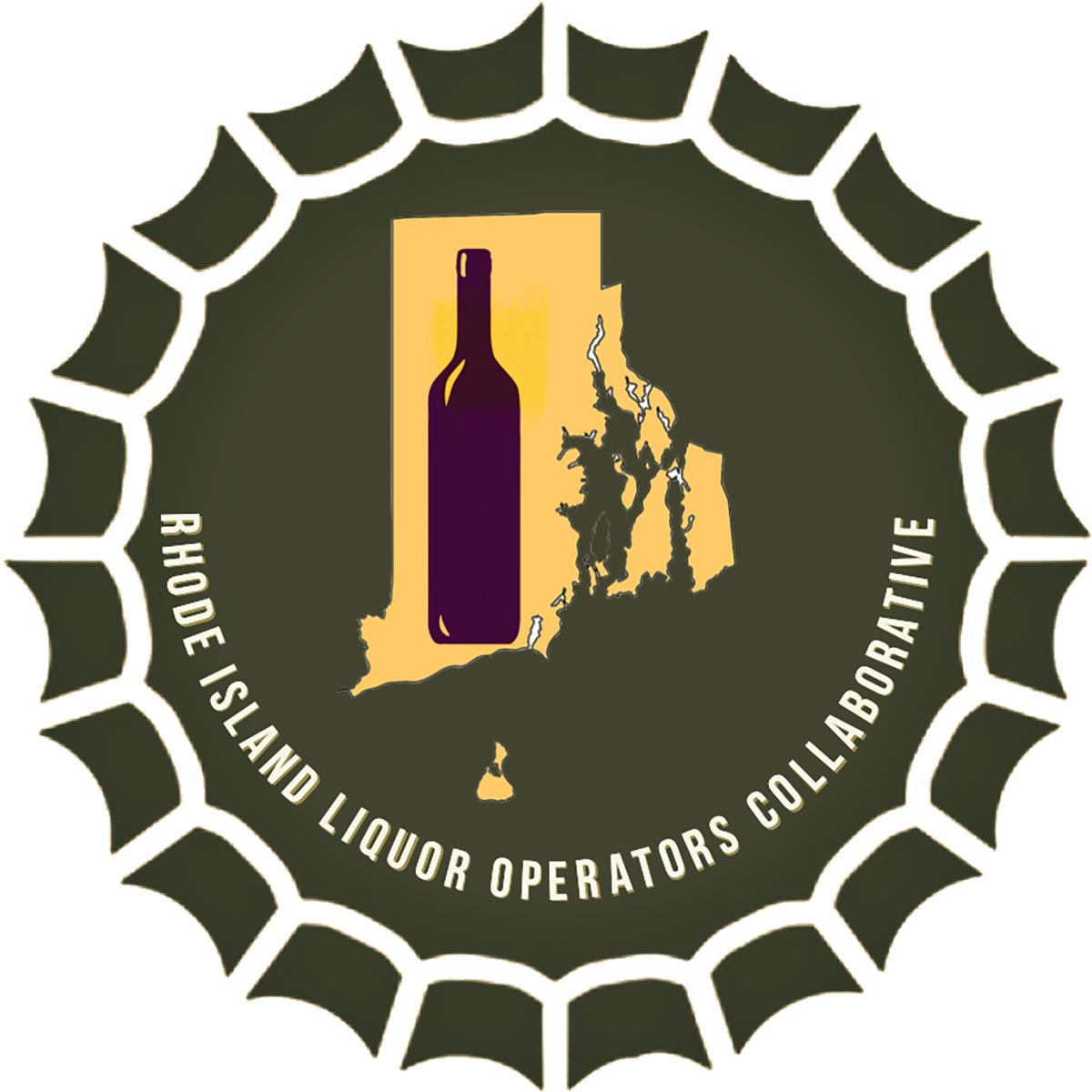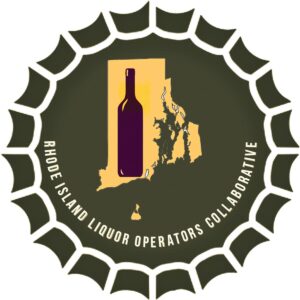

Nick Fede Jr., Executive Director, Rhode Island Liquor Operators Collaborative.
How Could It Not Be Considered a Tax?
By Nick Fede, Jr., Director, Rhode Island Liquor Operators Collaborative
Yet again this legislative session, there is major controversy at the State House when it comes to adding a bottle tax at the register on your favorite selections of beer, wine, liquor or any beverage for that matter. The Bottle Bill—championed by Sen. Bridget Valverde, Sen. Mark McKenney, Rep. Tina Spears and Rep. Carol Hagan McEntee—would add 10 cents to every container sold, adding $3 to a 30-pack of beer or, even worse, adding $2.40 to a 24-pack of bottled water, nearly doubling its shelf price.
By definition, according to Oxford Languages, a tax is “a compulsory contribution to state revenue, levied by the government on workers’ income and business profits, or added to the cost of some goods, services, and transactions.” Whenever a cashier presses subtotal at the end of a sale and the total purchase price increases, any fee not attached to a displayed shelf price is—and should be—considered a tax and a burden on consumers.
Personal responsibility and accountability are two concepts we’ve shied away from as a society. This session, we supported Sen. Leonidas Raptakis’ S0822, which would increase the penalties on individuals participating in organized shoplifting. As an industry that sells items with very high black-market resale value, cracking down on organized retail theft is an extremely important issue. However, when it came time for the hearing, we were alone in our testimony supporting the legislation. It is this same apathy and lack of faith in state programs that has gotten us to the position we are in with regard to our state’s recycling crisis.
As early as 2019, local environmental representatives were citing issues with Rhode Island Resource Recovery Corporation (RIRRC), with RIRRC representatives refusing to answer simple questions about the agency’s financial situation and high load-refusal rates. In response to this lack of engagement, legislators began pushing the well-intentioned but misguided concept of a Bottle Tax system, to remove beverage containers out of the purview of our underperforming recycling arm.
However, the unintended consequences of doing so would remove the most valuable recyclables from RIRRC, which would compromise and collapse their operation as we know it. Beverage containers only account for about 5% of the total waste stream but are a significant source of income for RIRRC. The better solution would have been to hold RIRRC responsible for the job they are tasked to execute. Accountability.
 Instead, a Bottle Bill, which has failed to be enacted in any state since Hawaii in 2002, has continually been floated at our State House, placing the burden and blame for a failing recycling system on consumers. There are individuals in Rhode Island who have disposable income to slap a few extra dollars down on the purchases of their beverages, eat the added cost and continue to utilize the existing curbside recycling system. For those who are less privileged, they will be forced to take their containers back to a redemption center, regardless of their age and how mobile they may be. The proposed legislation is a punchdown tax on the lower class.
Instead, a Bottle Bill, which has failed to be enacted in any state since Hawaii in 2002, has continually been floated at our State House, placing the burden and blame for a failing recycling system on consumers. There are individuals in Rhode Island who have disposable income to slap a few extra dollars down on the purchases of their beverages, eat the added cost and continue to utilize the existing curbside recycling system. For those who are less privileged, they will be forced to take their containers back to a redemption center, regardless of their age and how mobile they may be. The proposed legislation is a punchdown tax on the lower class.
Rhode Island’s Materials Recycling Facility (MRF, pronounced “murf”) was last renovated in 2012, when RIRRC moved to “single-stream” recycling, which processes paper, cardboard and containers together. Although cutting-edge and award-winning at the time, single-stream recycling has led to an increase in rejected loads at RIRRC due to contamination because of comingling of materials.
In the last 15 years, major advances have been made in recycling technology with the use of artificial intelligence. Investing in ourselves, updating our current infrastructure and taking responsibility for the actual problems we have not addressed head-on should be of the utmost priority. If executed and invested in properly, recycling can be an extremely profitable business for our state.
The proponents of the Bottle Tax harp on creating a system that is convenient for individuals. The most convenient way for consumers to recycle is via curbside recycling. Rhode Island is the second most densely populated state in the country and should have an incredibly efficient and successful curbside recycling program.
Implementing a Bottle Bill is a step backward for Rhode Island; a 1975 solution to a 2025 problem.



